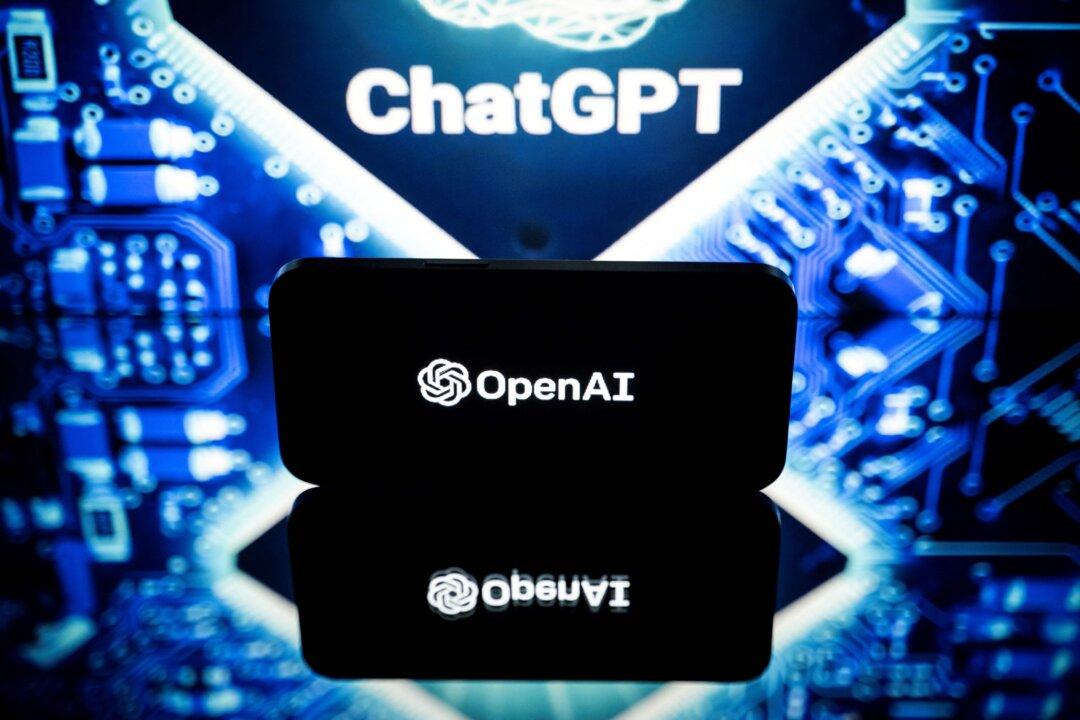In what appears to be a world first, a government agency in New Zealand has banned employees from using AI technology over data and privacy concerns.
The New Zealand Ministry of Business, Innovation, and Employment (MBIE) issued the ban on tools like ChatGPT after concerns sensitive information inputted into such platforms could be later retrieved, reported RNZ.




